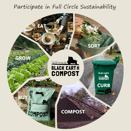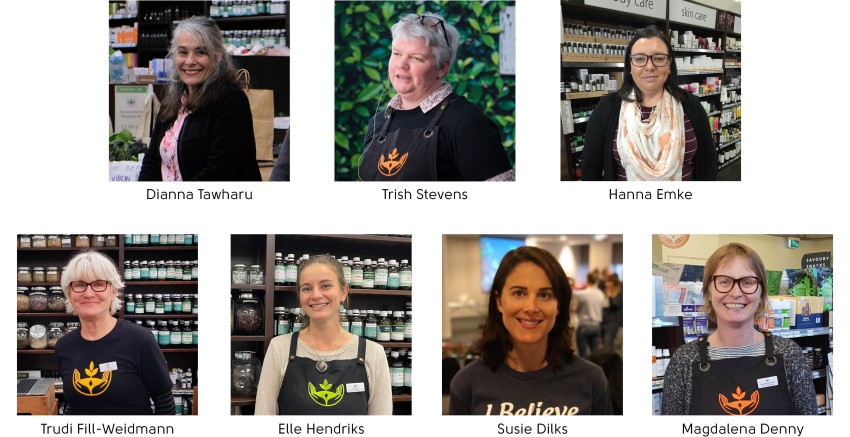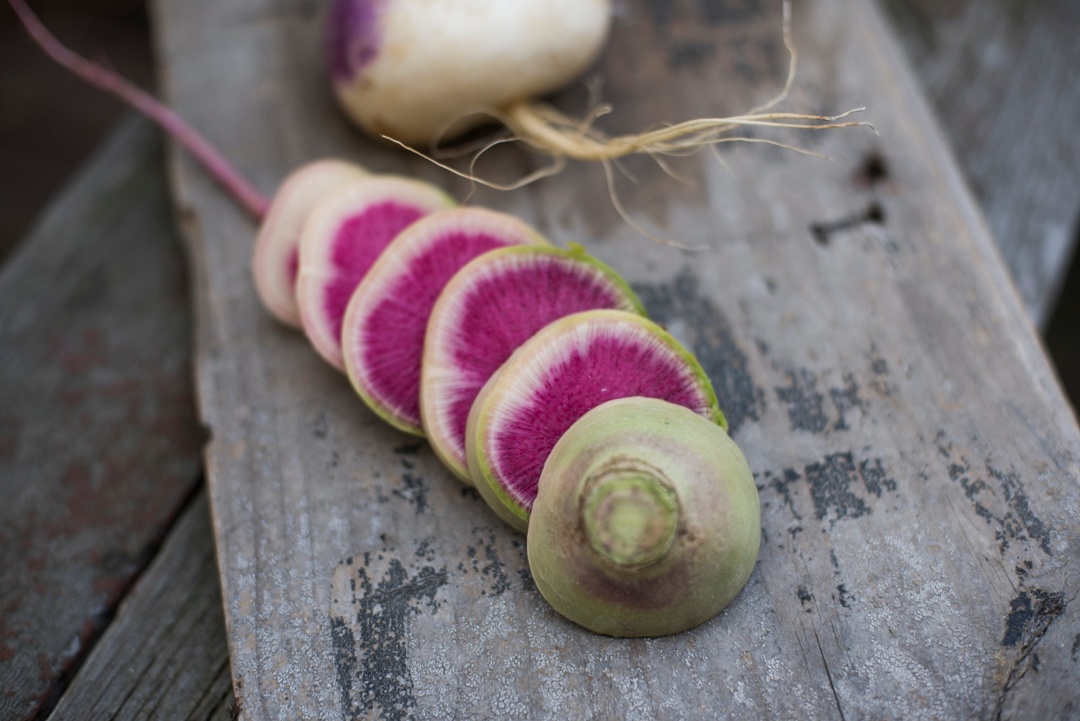1. Learn Where Your Food Comes From
“You are what you eat,” is not only one of the most quoted sayings about food; it’s also one of the truest. The sugars, salts, amino acids, and vitamins that you ingest literally become part of your body’s cells—don’t you want to know where they’re coming from?
At Boston Organics, we try to make that as easy as possible for our customers. Visit our website any time to see pictures and read about our amazing growers and suppliers. We stay in close contact with our local farmers so if you have any questions or comments for them, or just want to meet one, let us know!
2. Cook & Eat Together More
There’s nothing quite like breaking bread with a friend or family member— slowing down, sharing stories, and appreciating the multi-sensory experience that is eating. This year, make an effort to share a meal with people from different generations or with someone who has a different cultural background than your own.
Preparing a meal for friends and family doesn’t have to be stressful, and we have a few tools to help make it even easier. Our free Boston Organics Coloring Book is a great way to get your family excited to eat fresh food. A few of our customers have told us that they have their children help them open their Boston Organics box every week so they can bond over the shared experience and get excited about what’s going to appear on the table.
Our free Weekly Meal Planner helps you plan ahead and the extensive recipe section of our website grows bigger every week so you’re bound to find something you’ll want to try!
3. Be Less Wasteful

Every year, about 40% of all food grown or raised in the United States is not consumed. That translates to approximately 125 to 160 BILLION pounds of food each year. You probably already know how to “reduce, reuse, and recycle,” but maybe this will be the year that you learn how to compost.
Don’t have the time or space? Check out these great services – Bootstrap Compost or Black Earth Compost. They’ll haul away your kitchen scraps and bring you wonderfully luscious compost for your garden!
If you find that you’re regularly throwing away a lot of extra food, remember that you can change the size of your delivery at any time to fit the needs of you and your family. Extended family visiting from out of town? Upgrade to a larger size and impress them with your bounty of organic produce!
4. Pickle or Ferment Something
Pickling and fermentation are part culinary creativity, part environmental consciousness, part economic thriftiness, and part science experiment. You can pickle anything from apples to eggs to watermelon rinds; creating new flavor profiles that are sour, sweet, or tangy. Preserving these fruits and vegetables allows you to eat locally in New England without missing the crunch of a good cucumber in December. Homemade fermentation has been practiced for generations and can cut down waste while saving you money. Plus, the chemistry behind it all is really kind of cool!
5. Go Meatless One More Meal per Week

According to the official Meatless Monday website, “Going meatless once a week may reduce your risk of chronic preventable conditions like cancer, cardiovascular disease, diabetes and obesity. It can also help reduce your carbon footprint and save precious resources like fresh water and fossil fuel.”
For all those reasons and more, we encourage you to try eating one fewer serving of meat each week than you currently do. This baby-step resolution sounds simple enough, especially when you consider the fact that most of the recipes that we feature each week in our newsletter and on our website are vegetarian.



